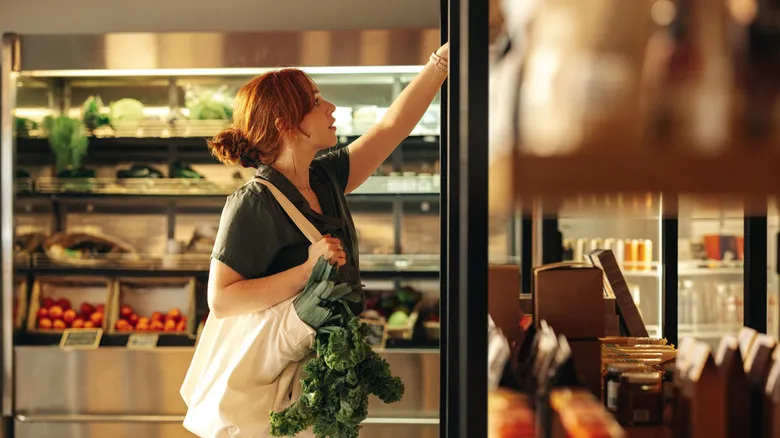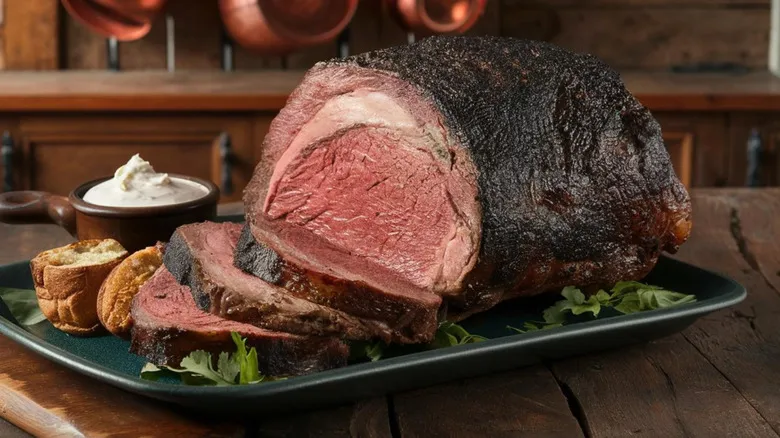When you should shop after a grocer restocks

Simply knowing when a grocery store restocks may not be sufficient to secure the items you need, as timing also plays a crucial role. For example, if you're looking for produce, it's important to avoid shopping during peak hours. Additionally, Saturday is generally the least favorable day for grocery shopping, even if the shelves are fully stocked, due to the larger crowds, particularly later in the day.
The optimal time to shop at any grocery store is typically in the morning on weekdays. This is when products have just been replenished by the overnight or early morning staff, and the crowds have yet to sift through the inventory. This is particularly advantageous for produce, as the freshest items are just being displayed. The later you shop, the greater the likelihood of encountering produce that others have overlooked. Similarly, morning shopping increases your chances of finding the freshest perishables, such as milk and meat. Just remember to select items from the back of the shelves, as they are usually the freshest due to the first-in-first-out stocking method.
While dry goods are less likely to be depleted if you shop later in the day, it can still depend on what you're looking for and the season. For instance, if Thanksgiving is approaching and you need stuffing mix, shopping early can help you secure this high-demand item.
Recommended

How To Determine How Often You Should Buy Groceries

How To Buy Prime Rib At The Grocery Store

3 Questions To Ask Your Butcher Before Buying Steak

9 Things About Caesar Salad You Probably Didn't Know
Next up

